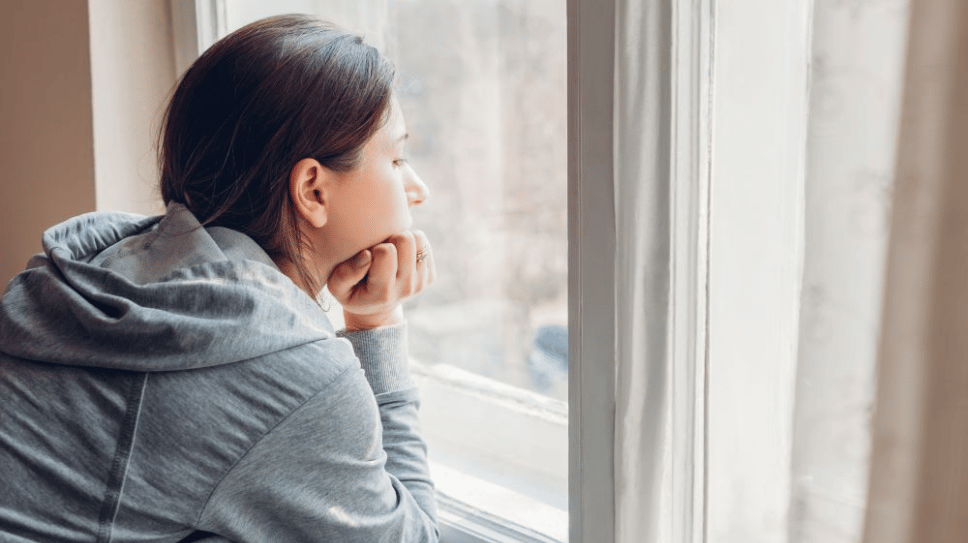Loneliness and isolation seem to go hand-in-hand with recovery at certain times. It might be in the beginning or later but recovery is a challenging time no matter what is happening.
Sometimes, people are not part of an individual’s life because they are still using substances. Other times, it might just be the relationship that needs repairing so there is the distance between a person and their loved ones for a time. At other times, a person may isolate themselves because they are struggling in recovery. For many reasons, this isolation can have a great impact on addiction recovery. Find some tips below on how to work through difficult times to push ahead in recovery.
Social Withdrawal
Having a community for support is key to recovery. It might be a new group of friends from recovery or old friends but, either way, it is best to avoid total isolation from everyone which can trigger a relapse. Veterans and first responders may be at higher risk for PTSD and mental health issues which make it harder to be around others, therefore isolating themselves from loved ones. Unfortunately, veterans and first responders are often dealing with multiple challenges from mental health to physical and spiritual difficulties figuring out life on the other side of addiction. Many live by themselves which also makes it harder to engage with others if they are not feeling well unless they are connected to a recovery community of support.
Mental Health Implications
The greater impact on veterans and first responders in recovery is increased anxiety, depression, and desire to use substances. Loneliness can be a trigger for some and a risk factor for relapse or crossover addiction. While isolation and loneliness may be contributing factors to the decline of a person’s mental health in recovery, there are ways to come back from the loneliness and work past it in a healthy way.
Honor Feelings
Having negative and positive feelings is okay, even if it is at the same moment. A person can feel joy and elation while also feeling desperation to connect out of a sense of isolation. Lonely feelings don’t have to drive a person into a depressive state they cannot recover from. Tap into a network of therapists, doctors, and mentors who can help deal with the feelings that arise.
Watch Social Media Consumption
It is easy to overindulge in social media consumption when isolated (or feeling disconnected). A sign of disconnection may be diving deeper into social media channels and not actually engaging with others, just withdrawing further. Keep tabs on how much is consumed every day. If it seems to be making a withdrawal from loved ones worse, it might be time to step back. On the other hand, positive uses of social media, including chatting, talking, and video conferencing with people can increase positive emotions and feelings of connectedness.
Get Into the Community
Volunteering can be a big part of doing something for others that helps individuals feel more connected. Meaningful relationships come out of building connections in the community. Start with looking into:
- Meetup groups around a mutual hobby
- Exercise groups
- Sober communities
- Eating healthy and meeting others who share this interest
Get Enough Rest and Hydration
Being dehydrated and tired can make isolation harder. When a person is well-rested and well-fed, they are more likely to feel better, be out of their head, and be focused on connecting with others. It is difficult to want to connect with others when a person feels exhausted. Manage this better by keeping track of sleep patterns and write it in a log. If it seems sleep is elusive, it might be time to talk to a doctor about getting some medication or support for better sleep patterns.
Go Virtual
Getting up and going to meetings in recovery can be difficult with mental health, physical health, and other issues making it hard to manage the energy to go. It is still important not to give up on recovery or fall into old habits and patterns. Virtual connectivity is easier than ever with an internet connection and a phone or tablet. Look for meetings online that are often provided for free. Try video conferencing to meet others online and share online spaces to go for extra support.
Teletherapy is another option for people who have a hard time going out to receive therapy. In the midst of a challenging time emotionally and physically, there are still many ways to engage with others, seek mental health support, and stay connected to those who can help. When possible, go in person with a loved one and ask them to come with.
Seeking help should not feel unmanageable. If things have been going on for a while and not resolving or the desire to use substances does not go away, it might be time to reach out and ask for additional help. There is no shame in admitting the need for extra support. In time, things will get better and recovery will seem easier. The healthiest thing to do is to navigate recovery with the help of loved ones, including professionals, who can come alongside an individual struggling with isolation and help them find healing.



